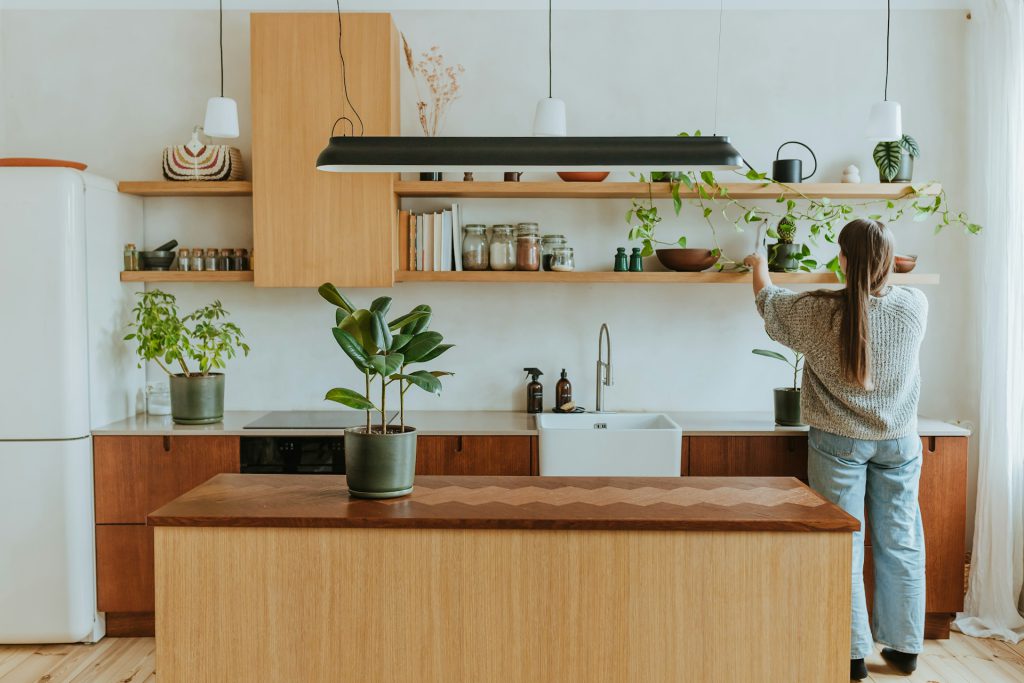4 Home Safety Tips Every Senior Needs to Know

Collaborative Post
When it comes to our aging loved ones, needless to say, there are a lot of things that used to be normal that then become stress-inducing. Are they going to be safe driving alone? Are they okay to cook? Are they taking the right dosage? Are they safe to bathe? How safe is their home?
Actually, that’s another thing. As our loved ones get older, ensuring their home is safe becomes a top priority. A comfortable, secure environment can greatly enhance their quality of life, allowing them to enjoy their golden years with peace of mind. So, it just doesn’t matter if these are your parents, grandparents, or even a dear elderly neighbour, but overall, taking steps to make their home safer is an act of love and respect. So, with all of that said, let’s dive into some practical and heartfelt tips to keep our seniors safe and sound.
The Importance of Home Safety
Before we jump into the specifics, it’s best to talk about why home safety is so important. Alright, sure, it’s obvious, but it should still be addressed! As we age, our physical abilities naturally decline. All of these things that used to be normal, just start fading away, balance may not be as steady, eyesight might worsen, and reaction times slow down.
These changes make older adults more vulnerable to accidents, especially at home, where they spend most of their time. However, overall, a safe home environment not only prevents injuries but also helps seniors maintain their independence and confidence.
Tips for a Safer Home
For starters, it’s best to look into a home care agency to help your ageing loved one out. You just need to understand that they can’t do everything by themselves as easily as they used to. But that’s not all either. If you and your family are alternating, there’s going to be a lot less stress when it comes to arrangements and timing.
So that’s why having a professional step-in can really help. But is there anything that should be recognised? Well, whether you hire help or not, you need to make sure that your aging loved ones’ home is safer, so here’s how.
Declutter and Organise
As you might know, a tidy home is a safe home. So, you’ll need to ensure that walkways, hallways, and rooms are free from clutter. Items like shoes, newspapers, and electric cords should be kept out of high-traffic areas. Organising the home so that frequently used items are easily accessible can prevent unnecessary reaching or bending, which could lead to falls.
Improve Lighting
Needless to say, good lighting is essential. So, it’s going to be a really good idea to ensure all areas of the home, including staircases, hallways, and entrances, are well-lit. You might even want to consider installing nightlights in the bedroom, bathroom, and corridors to help you navigate safely during the night. Motion-sensor lights are a great addition, automatically lighting up spaces when someone enters the area.
Install Grab Bars and Handrails
This one can’t be stressed enough, but bathrooms are particularly hazardous for seniors. Installing grab bars in the shower, bath, and near the toilet can provide much-needed support. Actually, it’s best to make sure handrails are secure on both sides of staircases. But overall, these additions can significantly reduce the risk of falls.
Non-Slip Mats and Rugs
So, this ties into what was being said right above. But slips are common and dangerous. You could use non-slip mats in the bathroom, kitchen, and any other areas that might get wet. One possibility is to secure rugs with double-sided tape or rug pads to prevent them from slipping. Alternatively, removing loose rugs altogether is likely to be the safest option.
Home Safety Checklist
To make things easier, here’s a handy checklist you can use to ensure your loved one’s home is as safe as possible:
General Safety
- Clear clutter from walkways and high-traffic areas
- Make sure all areas are well-lit with bright bulbs
- Secure loose rugs or remove them (which is even safer)
- Install nightlights in the bedroom, bathroom, and hallways
- Test smoke and carbon monoxide detectors regularly
Emergency Preparedness
- Keep a list of emergency numbers for each phone
- Save emergency contacts in the senior’s mobile phone
Bathroom
- Install grab bars in the shower, bath, and near the toilet
- Use non-slip mats in the shower and bathroom floor
- Make sure that hot and cold taps are clearly labelled
Kitchen
- Store frequently used items within easy reach
- Label hot and cold taps
- Consider automatic shut-off devices for stoves
- Use non-slip mats on the kitchen floor
Image Unsplash+

